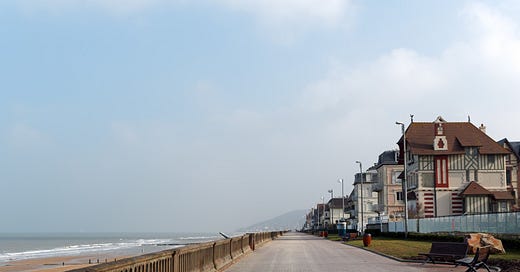Early this winter I began reading In Search of Lost Time, the seven-novel-long, loosely autobiographical epic by Marcel Proust.
100 pages into Swann’s Way, the first volume, I didn’t expect to pick up the second. Proust describes flowers and gardens at length, spends dozens of pages relaying his angst at being denied a goodnight kiss from his mother as a young boy; I found his prose impossibly detailed and meandering, he bored me. So descriptive, so dense. But I’m a completionist, and so wanted to finish it.
A hundred more pages and I was hooked. Not only on the story, but on Proust. I felt myself developing a kinship with him, becoming curious about him. Proust was sick his whole life; he was diagnosed with asthma at the age of 9, in a time before inhalers and pharmaceuticals. Treatments recommended by his doctors in the books include “giving an 11-year-old whiskey” and "a diet of nothing but milk”, the latter of which, he reports, worked well. His chronic illness is a recurrent theme of the novels as his parents fret over his desire to go to the theater (they fear viruses! What a concept!) and send him to the seaside for fresh air.
Keep reading with a 7-day free trial
Subscribe to The Gauntlet to keep reading this post and get 7 days of free access to the full post archives.



